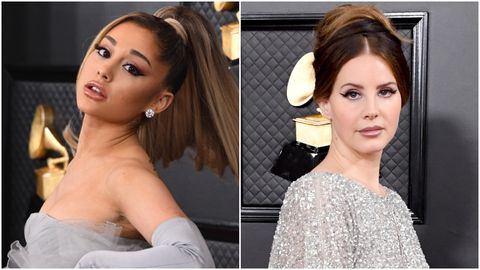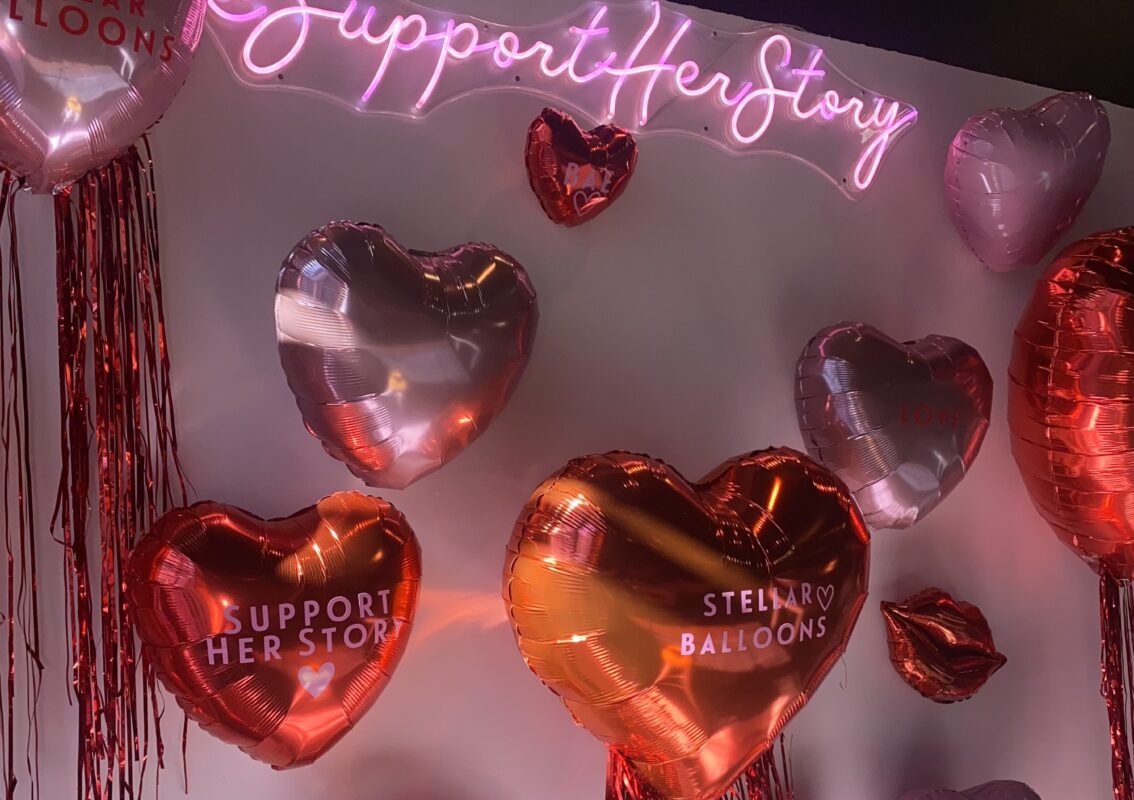When I watched Marley & Me as a preteen, I didn’t cry, but I was really focused on the questionable chemistry between Owen Wilson and Jennifer Aniston. However, when I watched the 62nd Annual Grammy Awards, I couldn’t stop the tears. On a night that was already tinged with the sadness of Kobe Bryant’s untimely passing, powerful moments such as Ariana Grande symbolically ending the Sweetener/Thank U, Next era and Demi Lovato’s strong comeback to the stage added to the emotional atmosphere.
My heart broke in the last moments of the show as the Album of the Year award was given to Billie Eilish’s When We All Fall Asleep, Where Do We Go?. The fact that Eilish won was not what broke me, but rather, it was the fact that this win overlooked both Lana Del Rey’s Norman F**king Rockwell! and Ariana Grande’s Thank U, Next. In her acceptance speech, Eilish herself acknowledged that Thank U, Next deserved the award for “getting [her] through some s**t”. Like my thoughts on the Wilson/Aniston pairing, I was focused on why Grande’s or Del Rey’s albums did not win, considering that both albums were the most critically acclaimed works of their respective careers and of the 2019 year.
Reading reviews of Eilish’s album feels like watching an advertisement for Monster High dolls – the album is described as “bold”, “creepy”, and “haunting”, setting her apart from the “music industry’s lewd maceration of teen idols”. In contrast, reviews of Grande’s album depict an “airtight pop record” of “emotional healing”, “delicate, sensual things”, and “swaggering confidence”. Reviews of Del Rey’s album are surprisingly more mysterious than Eilish’s – her album is described as “a beautiful opus for a new dark age” that is “sultry”, “soporific”, and “majestic”. In our character-limited society where every word is dissected and debated, these reviews paint different pictures of these works and of their leading women. Del Rey’s and Grande’s reviews conjure images of passionate women who are grander than life yet soft, playing into socially constructed images of a woman in power who is marked by her emotional struggles. For Eilish, her album reviews emphasize her power, but detach her from the emotional tropes that Del Rey and Grande are casted into. In this context, Eilish’s album was awarded for going past the limits on women, especially teen idols, in music, but Del Rey’s album and Grande’s album were snubbed for resonating with the public despite these limits.
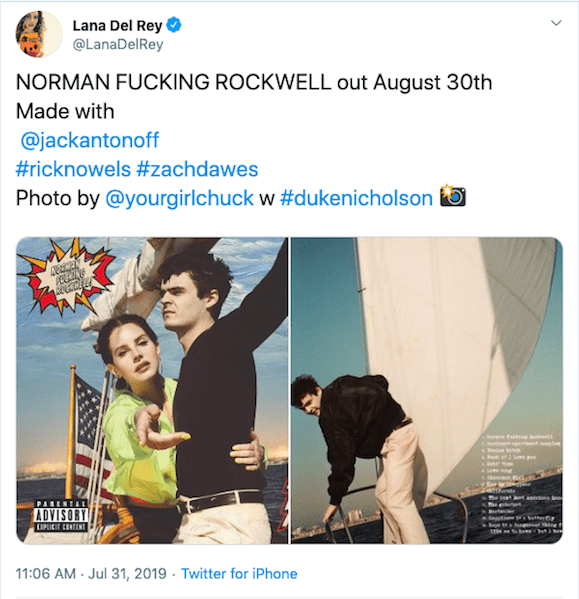
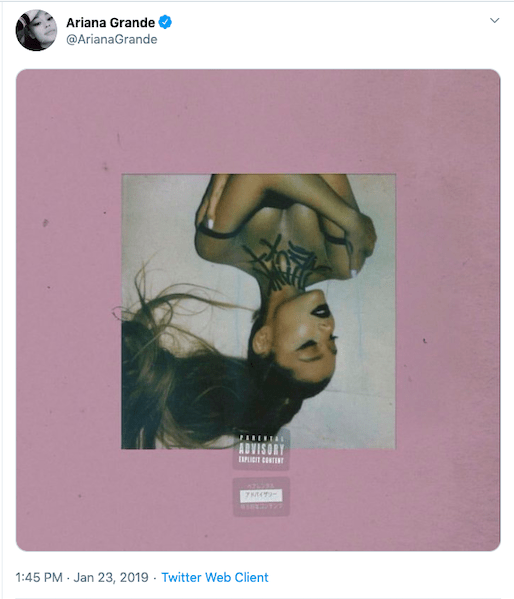
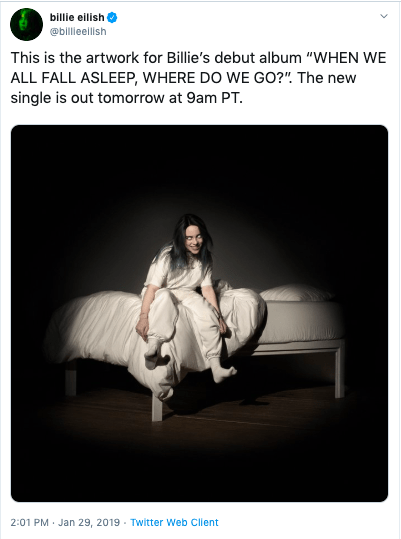
This conversation is undeniably fenced in by these limits, which are imposed upon women by the music industry. In partnership with Spotify, the University of Southern California releases an annual report on these gender-charged limits in the music industry through their Annenberg Inclusion Initiative. The January 2020 report shows that women are left out of the music industry, especially in regard to Grammy nominations. Out of all Grammy nominees from 2013-2020, 11.3% were women and among Album of the Year nominees, only 7.6% were women. This scarcity makes the competition among all women, including Grande, Del Rey, and Eilish, more acerbic and manipulative as men, in pivotal roles such as production and songwriting, bolster the system that this competition feeds off of.
Don’t get me wrong – I love all three albums. However, Del Rey and Grande, both seasoned professionals in the industry, have surpassed barriers imposed on them (see: Del Rey’s SNL backlash, Grande’s treatment by fans following Mac Miller’s death) and created defining works of art. What’s most troubling is the power structure behind the scenes that’s led by the National Academy of Recording Arts and Sciences, which has come under fire for its sexist membership and lack of diversity. Out of all of the Album of the Year nominees, Norman F**king Rockwell! received the highest Metacritic score, followed by Thank U, Next and When We All Fall Asleep, Where Do We Go?. Despite popular support, Del Rey and Grande were still snubbed by a collection of elites in the music industry – sounds like a faulty political structure to me. But that’s a conversation for another day.


